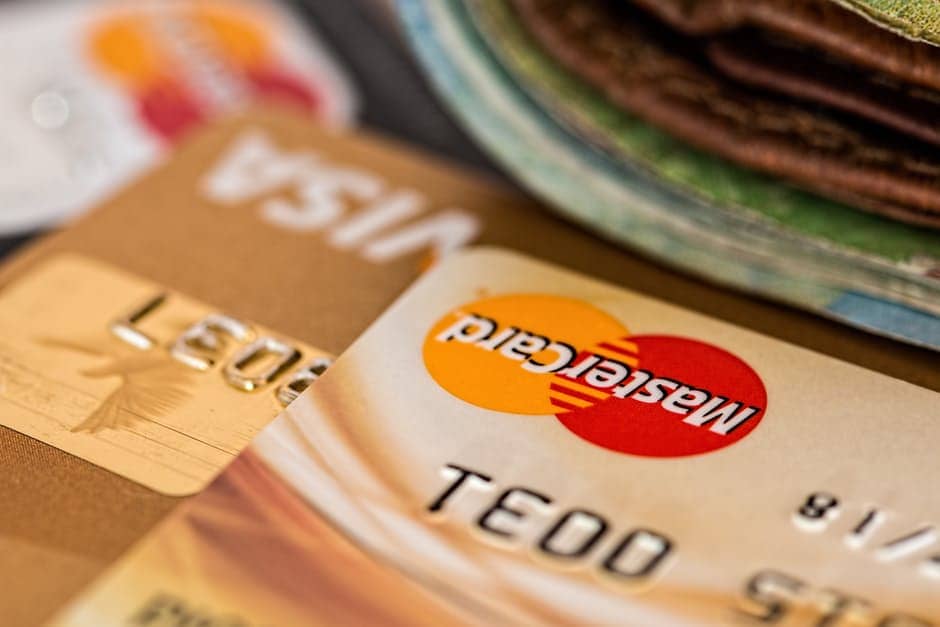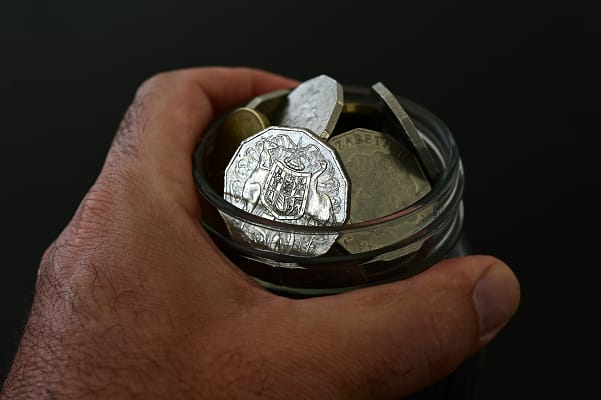Since getting a bank loan for a new startup is no easy feat, you might be wondering, ‘can I use a personal loan to start my business?’. This bottom line is that you can use a personal loan for business as long as there aren’t any limits about what the loan can be used for in its terms. However, it’s often the last resort for company owners since using a personal loan can be riskier, as it mixes your business and personal finances – something that you should avoid doing.
Business and personal loans look rather similar on the surface. They are often structured in a similar way – either a renewable line of credit like a credit card, or a lump sum loan that you repay with interest. You can obtain both business and personal loans from a variety of sources including banks, online lenders, credit unions, and more.
However, there are some crucial differences between these two types of loans that you should be aware of. Here are some of the main distinguishing features between the two types of loans, which can help you determine which one is better suited for your business idea.
Business loans: The basics
Simply put, business loans are designed solely for the purpose of funding a company, whether it’s to cover startup fees or to inject more cash into the growth of an existing business. Business loans can be used for many different business-related expenses, such as expanding to a new location, freeing up cash that’s locked into unpaid invoices, covering employee wages, renovating a store or office, restocking inventory, or more.
Business loans allow you to use the cash flow history or credit score of your business to earn the approval of the lender. It is easier to borrow more with a business loan compared to a personal loan, so they are a higher risk for lenders who tend to only be comfortable offering loans to businesses that they deem low risk. For the most part, this means that company owners who have good personal credit scores, a good business credit score, and a proven track record of profitability are most likely to be accepted for a business loan.
Applying for a business loan can mean a lot of paperwork, and all these documents are used by lenders to determine the company’s level of risk and make a final decision. Some of the factors that will be taken into consideration include:
- Cash flow
- Time in business
- Industry
- Profitability
- Annual revenue
- Business credit history
- The business owner’s personal credit score
Since there can be some demanding requirements set out by the lender, some businesses – particularly new startups – might find it difficult to secure a business loan. In addition, business loans often come with strict terms as to how the money can be used, and some borrowers are asked to offer up collateral to reduce the lender’s risk of loss in the case of default.
Personal loans: The basics
Contrary to business loans, which are offered to businesses purely for business financing, personal loans are offered to individuals by lenders. Personal loans are designed to finance personal, rather than business matters, such as a new vehicle, renovating your property, or other personal expenses. In some cases, a personal loan can be used to finance a small business.
When you apply for a personal loan, the lender will look at your personal financial situation and run a credit check to determine whether you are eligible. The factors taken into consideration will vary from lender to lender, with some lenders like New Horizons offering loans for people with bad credit, while others will only lend to people with a strong credit score. If you have a poor credit history and are starting a small business, your chance of getting a business loan may be slim so you could consider loans for bad credit from newhorizons.co.uk. This company allows you to apply for poor credit loans based on your personal financial circumstances and ability to repay, rather than your credit rating.
Typically, personal loans allow a greater degree flexibility when it comes to what you spend the money on – in most cases, it doesn’t really matter what you do with the money as long as you are able to make timely repayments. Many lenders will not ask for collateral to secure the loan and you can often take advantage of lower interest rates compared to business loans.
When to use a personal loan for starting a business
So, when is a personal loan the best idea for starting a business? Or, is it better to wait some time until your business has built up a strong financial reputation and qualifies for a business loan? Getting a business loan to finance a company might make the most sense, but getting accepted for a traditional business loan can prove challenging for a business owner with a less-than-stellar credit score or a company in the really early stages. Even though small business loan approval rates are on the up, the major banks are still only approving just over 25% of the applications that they receive.
In order for a small business loan lender to feel confident financing your company, your business will need to be on the right track. You’ll need a comprehensive business plan, a reliable cash flow, and a visibly thriving business in order to boost your chances of approval. If you’re just getting started, it’s likely that there’ll be obstacles to cross in each of these areas when it comes to your business loan application. If your business is still in the early stages and you need some extra cash to get it there, it will probably be easier to secure a personal loan.
Similarly, if you only need a small amount of money to spend on your business, you might want to consider a personal loan. This is because many banks are reluctant to issue business loans in small amounts because they generate less interest for the bank but cost the same amount of work as a larger business loan would. If you need less than £25,000 to get your business started, you’re unlikely to get a loan from the bank. You might want to consider alternative business lenders who tend to offer smaller loans but bear in mind that these tend to have higher interest rates since they are made available to a larger range of borrowers, including those who have been deemed too high-risk by traditional lenders.
Finally, if you don’t have any collateral to offer when getting a small business loan, a personal loan might be a better option for you. Personal loans are unlikely to require collateral compared to business loans, and if you don’t have a lot of savings or investments to put down or offering your home as collateral isn’t an option for you, a personal loan might be a better choice for getting your business funded.
When you apply for a personal loan, the lender is only concerned with your credentials rather than your business credit rating, which can be a relief for brand-new business owners whose companies don’t yet have any credentials. Personal loan interest rates can also be lower compared to business loans and you are less likely to be required to put up any collateral.
However, bear in mind that pursuing a business loan for business financing is still the most logical option, so it’s important to weigh up all your options before determining which is the best choice for you.






Leave a Comment